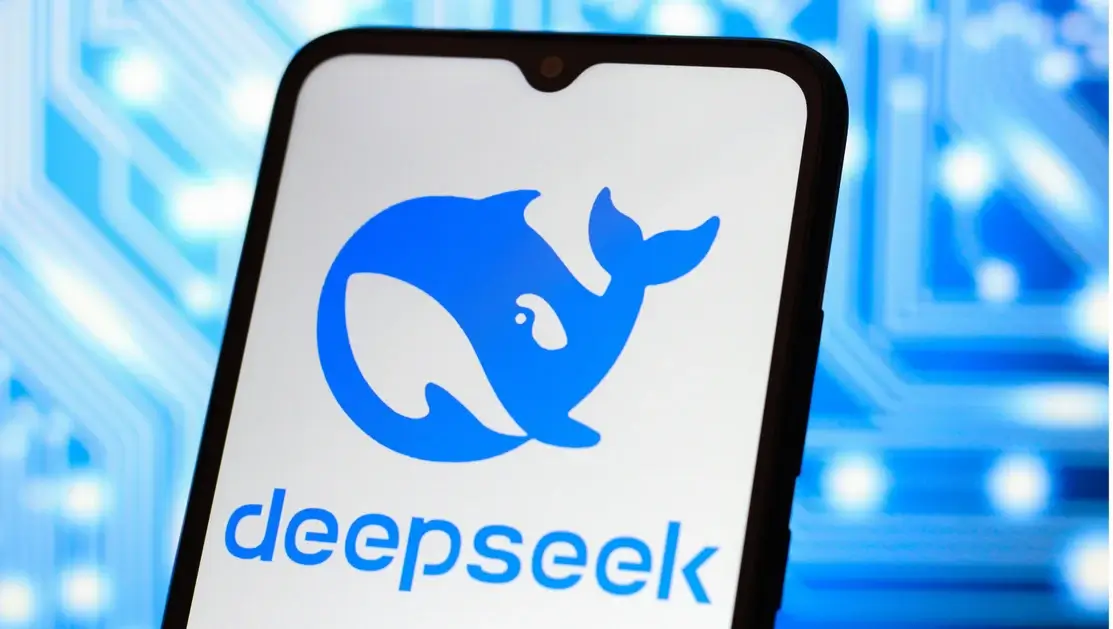DeepSeek, the Chinese AI startup that has been making waves in the global tech community, is poised to further contribute to the open-source AI landscape by sharing its AI inference engine technology. This move, announced recently, underscores DeepSeek's commitment to fostering collaboration and accelerating innovation in the field of artificial intelligence. While a complete open-sourcing of the inference engine faces practical challenges, DeepSeek aims to provide valuable resources and optimizations to the open-source community.
The decision to share its inference engine technology stems from DeepSeek's belief in the power of open collaboration. The company acknowledges the vital role of the open-source ecosystem in its progress towards artificial general intelligence (AGI). By making key components of its AI models more accessible, DeepSeek hopes to empower other developers and researchers to build and deploy advanced AI solutions more efficiently.
Specifically, DeepSeek plans to contribute improvements and implementation details of its inference engine, a modified version of vLLM (an open-source library for LLM inferencing). This contribution aims to enable the community to achieve state-of-the-art support from day one. The company will extract standalone features and share them as reusable libraries. DeepSeek's internal inference engine and training framework have been instrumental in accelerating the training and deployment of its AI models like DeepSeek-V3 and DeepSeek-R1.
Despite the clear benefits of open-sourcing, DeepSeek acknowledges the difficulties in making its entire internal inference engine fully accessible. Some challenges include a heavily customized codebase, infrastructural restrictions, and limited maintenance bandwidth. The inference engine is tightly coupled with proprietary infrastructure, making full openness difficult and the small research team lacks the resources needed to manage a large-scale open-source project.
DeepSeek's actions align with its previous open-source initiatives. The company has already made portions of its AI models, such as code repositories, available to the public. Moreover, during a recent "Open Source Week," DeepSeek released five high-performance AI infrastructure tools as open-source libraries, which enhance the scalability, deployment, and efficiency of training large language models. This new direction emphasizes DeepSeek AI's dedication to open-sourcing key components and libraries of its models.
DeepSeek's emergence as a significant player in the AI world has disrupted traditional notions of AI development. Unlike many of its competitors, which rely on massive computing power and proprietary technologies, DeepSeek has focused on efficiency and cost-effectiveness. Its models have demonstrated competitive performance while requiring significantly fewer resources to train and deploy. DeepSeek has shown that powerful AI can be built through smarter software and hardware optimization.
The open-source nature of DeepSeek's models has also challenged the dominance of large tech companies in the AI space. By making its technology freely available, DeepSeek has lowered the barrier to entry for smaller companies, startups, and individual developers, enabling them to participate in the AI revolution. This could lead to faster breakthroughs in fields like science, healthcare, and business.
However, the open-source approach also presents challenges. Some have raised concerns about the potential misuse of the technology for malicious purposes, such as creating misinformation or developing AI-driven cyberattacks. A few countries have restricted its use, citing security concerns over potential data access.
Despite these concerns, DeepSeek's commitment to sharing its AI inference engine technology represents a significant step towards greater transparency, collaboration, and innovation in the AI field. By empowering the open-source community, DeepSeek hopes to accelerate the development of AGI and ensure that its benefits are widely accessible.















